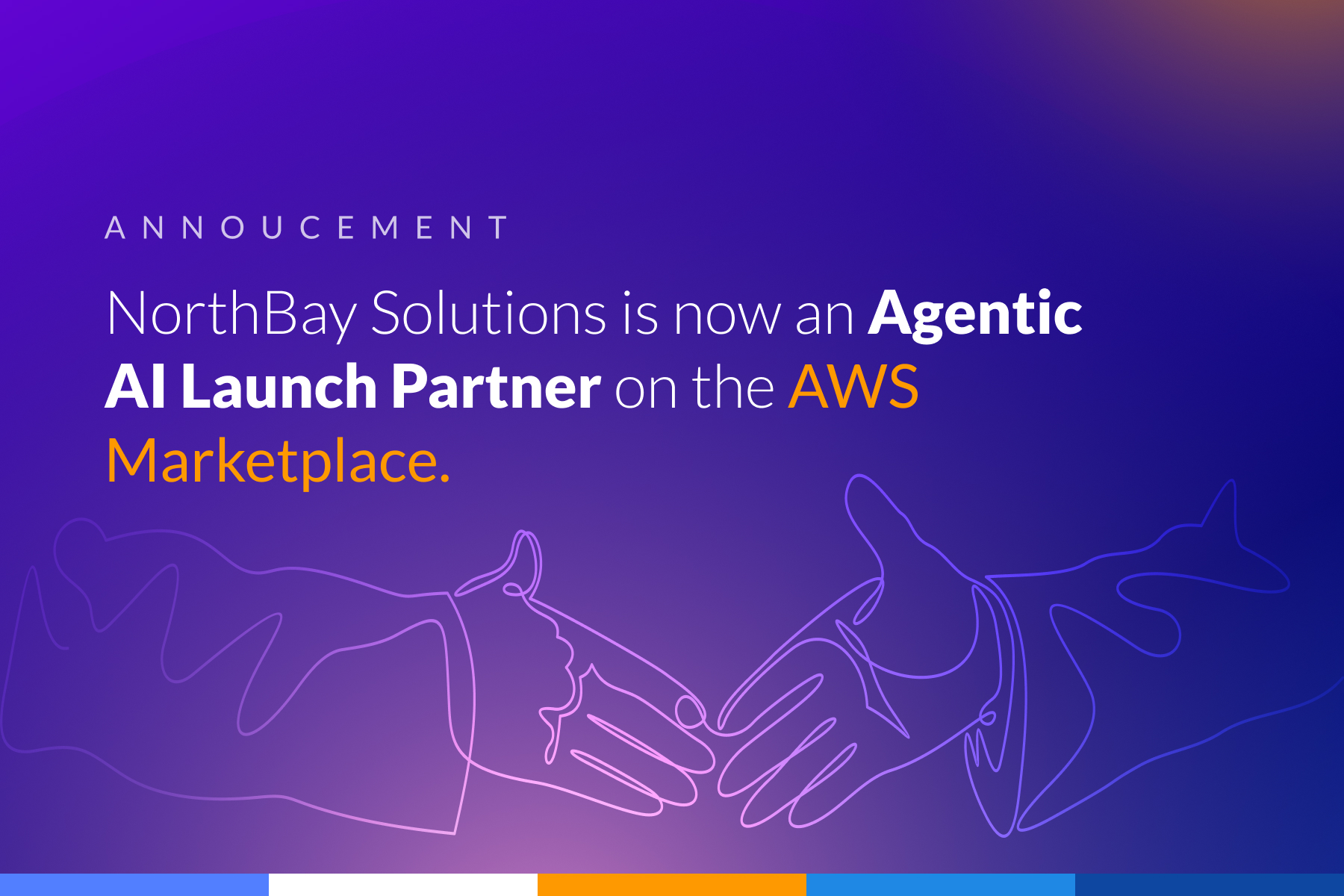
In recent years, the Middle East and Africa (MEA) region has witnessed a surge in cloud computing adoption, particularly within the financial services sector. This technological shift promises numerous advantages for financial institutions, including cost savings, improved scalability, enhanced security, and faster innovation. However, navigating the complexities of cloud migration in MEA region requires careful planning and consideration of unique factors. How can these institutions maximize the benefits while minimizing risks? This post explores key strategies and best practices for cloud migration in the MEA financial services market.
Understanding the MEA Landscape
The MEA region is a tapestry of nations, each with its own cultural, economic, and regulatory fabric. From the tech-savvy United Arab Emirates to the emerging markets of Nigeria and Kenya, the region spans a wide spectrum of technological development and market maturity. Other key players in this diverse landscape include Kuwait, Qatar, Bahrain, Saudi Arabia, Egypt, South Africa, Morocco, and Algeria.
Historically, cloud adoption in MEA was slow due to factors such as expensive and poor-quality international connectivity in some countries and regulatory uncertainty around data storage. However, recent government ambitions to diversify and digitize their economies have accelerated the introduction of cybersecurity, data protection, and cloud-specific policies and regulations.
This shift has resulted in an increasing number of international cloud service providers (CSPs) establishing a presence in the region. For example, AWS launched its first Middle Eastern cloud center in Bahrain in 2019 and expanded into the UAE in 2022. Microsoft entered the UAE in 2019 and established data centers in Qatar in 2022. Several more CSPs are expected to be operating in Saudi Arabia by 2030.
Key Benefits of Cloud Migration for Financial Services
The largest source of cloud’s value-creation potential lies in its ability to accelerate product development and scale products efficiently. Cloud migration offers several key benefits for financial services in MEA:
- Improved Security and Adherence to Regulations: Cloud providers prioritize robust security measures to safeguard their infrastructure and data, ensuring compliance with industry standards and regulations. Financial institutions can benefit from these robust security standards, which often exceed what individual organizations can implement on their own, building trust with regulators, shareholders, and customers.
- Cost Efficiency: Cloud computing significantly reduces IT infrastructure costs by eliminating the need for on-premises hardware, software, and maintenance. This shift from capital expenditure to operational expenditure frees up resources for strategic investments and innovation.
- Improved Decision-Making: Cloud-based analytics and AI capabilities enable financial institutions to process vast amounts of data quickly and derive actionable insights. This can lead to more informed, data-driven decisions across all levels of the organization, from risk assessment to customer service strategies.
- Increased productivity: Cloud solutions offer collaborative tools and centralized data storage, enabling teams to work more efficiently. Automation of routine tasks and improved access to information can significantly boost employee productivity across departments.
- Faster time to market: The agility provided by cloud infrastructure allows financial institutions to develop and deploy new products and services more rapidly.
- Improved Scalability and Resilience: Cloud-based solutions can easily scale based on demand and provide robust disaster recovery options across multiple data centers, enhancing operational resilience.
- Agility and Innovation: The cloud enables faster innovation by providing access to cutting-edge technologies like AI, machine learning, and blockchain. This can help financial institutions stay ahead of the curve in developing new products and services, such as AI-powered robo-advisors or blockchain-based payment solutions.
- Enhanced Customer Experience: Leveraging cloud technologies, institutions can deliver personalized services, faster response times, and improved digital interactions, elevating customer satisfaction.
Realizing Value in the Cloud
The public cloud offers significant value through advanced services that would be cost-prohibitive to develop independently. These include Software as a Service (SaaS) solutions, advanced analytics, and machine learning capabilities. The cloud also provides unlimited, on-demand, and scalable infrastructure capacity, storage, and computational power.
Financial institutions can leverage the cloud to generate value by:
These technologies, while still emerging, have the potential to revolutionize financial services in the coming years. The cloud provides a flexible, cost-effective platform for experimenting with and gradually implementing these innovations.
While the benefits are compelling, financial institutions in MEA face unique challenges in their cloud migration journey:
- Regulatory Compliance: The financial sector is heavily regulated, with strict requirements around data privacy and cybersecurity. Any cloud migration strategy must carefully consider these regulations to ensure ongoing compliance.
- Data Security and Privacy: Data security and privacy are paramount concerns, particularly given the sensitive nature of financial information. Cloud providers must demonstrate robust security measures to protect customer data throughout its lifecycle.
- Cultural and Linguistic Nuances: Cultural and linguistic nuances present another layer of complexity. Successfully implementing cloud solutions in the MEA region often requires localization efforts to address specific cultural expectations and language requirements.
- Infrastructure and Connectivity: Infrastructure and connectivity issues can also pose challenges in some parts of the region. Reliable internet access and adequate IT infrastructure are essential for cloud-based operations, and their availability can vary significantly across different countries.
- Talent and Skills: The human element cannot be overlooked. Building a workforce with the necessary skills to manage and leverage cloud environments is crucial for long-term success.
Strategies for Successful Cloud Migration
To navigate these challenges and reap the benefits of cloud migration, it’s crucial to develop a comprehensive strategy aligned with your institution’s business goals. Financial institutions in the MEA region should consider the following strategies:
- Conduct a Thorough Assessment: Not all applications are equally suited for cloud migration. Some, particularly complex applications, may have dependencies on legacy systems that require modernization before they can be moved. Additionally, the return on investment (ROI) of migrating each application can vary significantly. By thoroughly assessing your current IT infrastructure, applications, and data, you can identify which workloads are best suited for migration and uncover potential risks and opportunities in advance.
- Develop a Comprehensive Strategy: Create a cloud migration plan that aligns with your organization’s objectives. This plan should outline your timeline, budget, and preferred cloud deployment model (public, private, or hybrid).
- Choose the Right Cloud Provider: Carefully select a cloud service provider that meets your technical requirements and understands the unique regulatory and cultural landscape of the MEA region. Consider factors such as security, reliability, and scalability.
- Ensure Data Security and Compliance: Prioritize data security and compliance from the outset. Implement robust security measures and conduct regular audits to ensure ongoing compliance with relevant regulations.
- Migrate Gradually: Take a gradual approach to migration. Start with less critical workloads to test the waters and identify potential challenges before moving on to more complex applications.
- Leverage Cloud-Native Technologies: Embrace cloud-native technologies to fully leverage the benefits of your new environment. This may involve re-architecting some applications to optimize performance and cost-efficiency.
- Provide Adequate Training: Invest in training your staff to effectively manage and leverage cloud-based systems. Building internal expertise is crucial for long-term success. Consider workshops or supporting employees in achieving certifications.
- Continuously Monitor and Optimize: Implement continuous monitoring and optimization practices. Regularly assess your cloud environment to identify performance issues and optimize resource utilization.
- Leverage External Expertise: Partner with cloud providers to bridge skill gaps and access specialized expertise. Cloud providers offer various services to support your migration journey such as customized migration planning and execution services and ongoing management services for tasks like infrastructure monitoring and security patching
Partnering with NorthBay Solutions for Successful Cloud Migration
Navigating the complexities of cloud migration in the MEA financial services sector can be challenging. This is where partnering with NorthBay Solutions provides significant advantages:
- Regional Expertise: NorthBay Solutions has deep knowledge of the MEA financial services landscape, including regulatory requirements and cultural nuances, ensuring a smooth transition to the cloud.
- Comprehensive Assessment and Strategy Development: Our team of experts will conduct a thorough assessment of your current IT infrastructure and help develop a tailored cloud migration strategy aligned with your business goals.
- Security and Compliance Assurance: Our specialists will implement robust security measures and ensure ongoing compliance with regional and international regulations, protecting your sensitive financial data.
- Gradual Migration Support: We’ll guide you through a phased migration approach, starting with less critical workloads and progressively moving to more complex applications, minimizing disruption to your operations.
- Cloud-Native Optimization: Our team will help you leverage cloud-native technologies, potentially re-architecting applications to maximize performance and cost-efficiency in the cloud environment.
- Comprehensive Managed Services: NorthBay Solutions offers a full suite of managed services, including 24/7 monitoring, performance optimization, security management, and cost control. Our proactive approach ensures your cloud infrastructure not only remains efficient and secure but also scales seamlessly with your business growth. We identify and resolve potential issues before they impact your operations, continuously optimize your cloud spend, and provide regular insights to align your cloud strategy with evolving business needs.
By partnering with NorthBay Solutions, financial institutions in the MEA region can confidently navigate their cloud migration journey, minimizing risks while maximizing the benefits of cloud adoption.
Our expertise and comprehensive support will help you transform your IT infrastructure, enhance operational efficiency, and drive innovation in the rapidly evolving financial services landscape.
Contact us today to learn how we can support your cloud migration journey and help you stay ahead in the competitive MEA financial services market.
Conclusion
Cloud migration offers significant benefits for financial services organizations in the MEA region. By carefully considering the challenges and following best practices, financial institutions can successfully leverage cloud technologies to drive innovation, improve efficiency, and enhance their competitiveness in an increasingly digital landscape.
As you embark on your cloud migration journey, remember that success lies in careful planning, continuous optimization, and a commitment to security and compliance. The future of financial services in MEA is undoubtedly cloud-driven, and institutions that embrace this transformative journey stand to gain a significant competitive advantage.
About NorthBay Solutions
NorthBay Solutions is a leading provider of cutting-edge technology solutions, specializing in Agentic AI, Generative AI MSP, Generative AI, Cloud Migration, ML/AI, Data Lakes and Analytics, and Managed Services. As an AWS Premier Partner, we leverage the power of the cloud to deliver innovative and scalable solutions to clients across various industries, including Healthcare, Fintech, Logistics, Manufacturing, Retail, and Education.
Our commitment to AWS extends to our partnerships with industry-leading companies like CloudRail-IIOT, RiverMeadow, and Snowflake. These collaborations enable us to offer comprehensive and tailored solutions that seamlessly integrate with AWS services, providing our clients with the best possible value and flexibility.
With a global footprint spanning the NAMER (US & Canada), MEA (Kuwait, Qatar, UAE, KSA & Africa), Turkey, APAC (including Indonesia, Singapore, and Hong Kong), NorthBay Solutions is committed to providing exceptional service and support to businesses worldwide.





